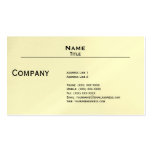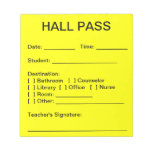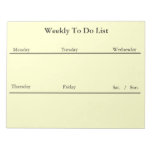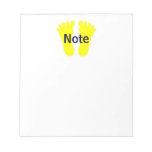During the years I cared for multiple elders, I grew to dread the ringing of the telephone. It seemed most calls meant emergencies. One example? My neighbor, Joe, for whom I was the primary caregiver, wore a personal alarm so that he could push a button to notify a dispatch center if he had an emergency. The dispatch center would call him back. If he didn't answer his phone, they'd call me.
The moment is frozen in time for me when, just hours after I left his house, my phone rang. It was the dispatch center telling me that Joe had punched the help button and wasn't answering his phone. I immediately ran across the yard and pushed through the door. Joe was lying on the floor, with one leg at an unnatural angle. In agony, he just said "help me." Joe had broken his hip. I called 9-1-1 and we rode in the ambulance to the hospital. A few days later, Joe was moved to a nursing home, but he died within weeks.
My mother also wore a personal alarm, and I received frequent calls from the dispatch center to check on her. It was a short drive to her apartment, but always an anxiety laden drive for me. What would I find? Mom fell often, and that meant frequent trips to the emergency room. Eventually, because of the falls and other medical issues, she needed nursing home care, so we moved her to a
nearby facility.
For my dad, the life-changing situation was brain surgery gone seriously wrong, which for him, also meant a move to the nursing home. For my uncle, it was a massive stroke.
One of the most exhausting parts of being a caregiver, from my point of view, is that there's always the threat of an emergency that we are responsible to handle. We are literally on call 24 hours a day, seven days a week, even if our elders don't live in our own household.
Of course, anyone can have a life-changing emergency. A spouse can be in a car accident. A child can be injured playing a sport. However, when we are caregivers to vulnerable people who are completely dependent upon us, and who likely have health problems to begin with, we are much more apt to face an emergency that can change current plans for anything from a few hours to the rest of our elders' lives. Frequently, that change means hiring outside help such as in-home care or moving our loved one to a care facility.
How do we prepare to handle the potential, often rapidly changing needs of our loved ones?
- Work with your elders to make sure that you (if you are the primary caregiver) have the Power Of Attorney for health care, often called a health directive. Be sure that their clinic, hospital and doctor have a copy of this document. Keep a copy in the glove compartment of your car, and of course with their (and your) important papers at the homes. With this document on record and/or in hand, you can make the decisions necessary to continue caring for your elders if they can't speak for themselves.
- If possible, plan ahead with your loved ones about their preferences should life-changing emergencies occur. Do they prefer in-home care, if that is an option? Or is there an assisted living facility or a skilled nursing home that would be better? Maybe you'd like to tour local facilities with them, if they are willing. Never promise not to "put them in a nursing home." Just tell them that you want to know their preferences for care under different scenarios and that you will do the very best thing for their health and safety, given the circumstances at the time.· If your elders live on their own, even if there are two of them, I'd suggest a personal alarm for each of them – or some type of monitoring – so that they can summon help should they not be able to phone.
- Help them make a list, to be placed in an obvious spot such as on the refrigerator, for emergency crews. This list should include emergency numbers, medications and allergies, along with known illnesses such as diabetes. Don't make this list too complicated. If there is a lot of information for medics, provide the most necessary information on the emergency sheet, then write "a more complete list is on the kitchen table," or wherever there is a convenient spot for a longer document. The idea is that if medics arrive before you do, they should be able to quickly note any essential health information that would assist them in tending to your elder.
- Keep copies of their Medicare and other insurance cards in their wallets, however keep originals with you. In this way, you can do the paperwork in the emergency room while they are being helped by medics. This system helped me several times when my parents were rushed to ER from the nursing home. I signed them in while they were being transported. Then I could be with them as soon as they arrived.
- Have a dependable replacement in mind that can help with emergencies if you become unavailable for any reason. This will benefit your elders and yourself. You may even be able to take a few days off from the stress of being on call 24/7.








No comments:
Post a Comment